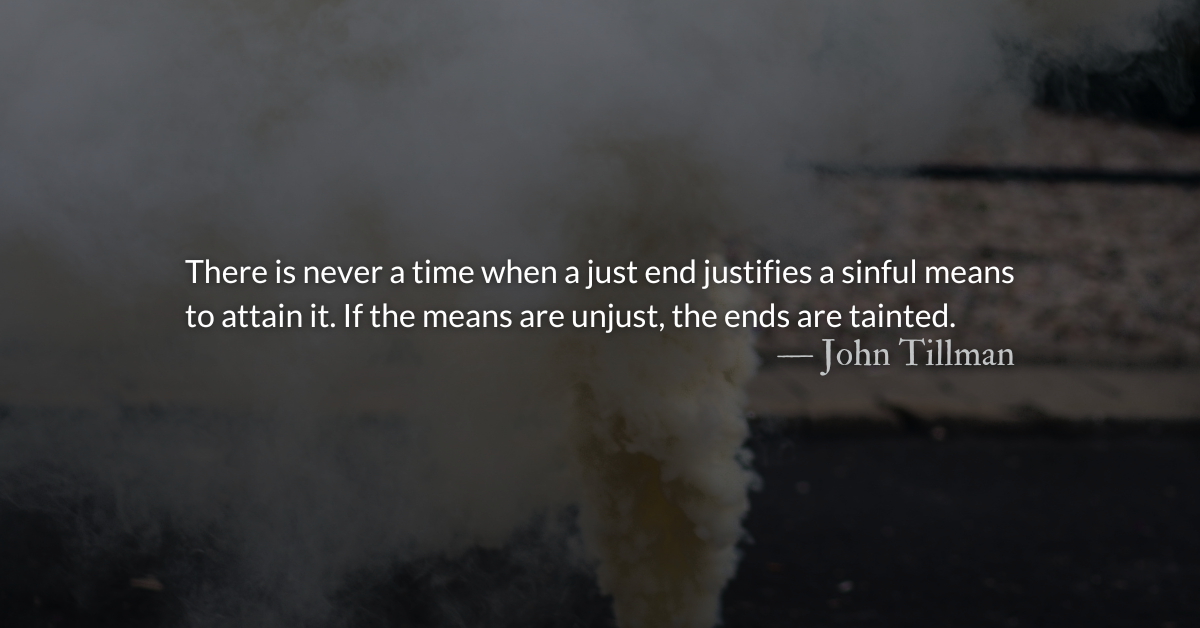Scripture Focus: 2 Kings 23.10-14
10 He desecrated Topheth, which was in the Valley of Ben Hinnom, so no one could use it to sacrifice their son or daughter in the fire to Molek. 11 He removed from the entrance to the temple of the Lord the horses that the kings of Judah had dedicated to the sun. They were in the court near the room of an official named Nathan-Melek. Josiah then burned the chariots dedicated to the sun.
12 He pulled down the altars the kings of Judah had erected on the roof near the upper room of Ahaz, and the altars Manasseh had built in the two courts of the temple of the Lord. He removed them from there, smashed them to pieces and threw the rubble into the Kidron Valley. 13 The king also desecrated the high places that were east of Jerusalem on the south of the Hill of Corruption—the ones Solomon king of Israel had built for Ashtoreth the vile goddess of the Sidonians, for Chemosh the vile god of Moab, and for Molek the detestable god of the people of Ammon. 14 Josiah smashed the sacred stones and cut down the Asherah poles and covered the sites with human bones.
Reflection: Lasting Revivals and Normal Idols
By John Tillman
Around the world, Christians, including myself, pray for a revival like Josiah’s in our countries. But there’s a problem…
Josiah forcefully and radically changed Israel and Judah’s religious landscape. He tore down the infrastructure of temples, altars, and idols. He put out of work or killed the personnel of priests, prostitutes, and workers. He restored true worship for the first time in generations.
Josiah’s reforms were a massive change for the nations of Israel and Judah. These changes would have affected the job market, the economy, housing, and agriculture. Josiah cleansed Israel and Judah from top to bottom, but the next generation went bottom up. The changes didn’t stick. Why?
Josiah tore down the altars on the hillsides, but he couldn’t touch the ones in their hearts. He burned and ground the symbols of false gods into dust, but he couldn’t grind down the people’s habitual addiction to their images. He destroyed temples of gold and silver, but he couldn’t melt from their minds people’s comfortable familiarity with idolatry.
We need revival deeper than Josiah’s. If we want lasting faith in the next generation and a revival beyond a few changes to architecture, we need to base it on something other than force and power. We don’t need a strong man enforcing showy spirituality, religious observance, and moral behaviors.
Rather than dictatorial destruction, we need grassroots growth. Rather than pharisaical enforcement, we need Christlike engagement. We also need to clean our own houses first and do so with honesty.
It’s easy to be judgmental of ancient people’s idols. They seem so simplistic, terrifying, or just weird. “Storm gods, sex gods, and chaos monsters, oh my. How could they believe this?” But these gods were normal to the culture. Engaging with these idols was practical SOP that promised financial ROI.
When we look for idols in our lives, we shouldn’t look for weird things. We should look for normal things. The idols of a culture don’t always dress up in flamboyant costumes. They often hide in normality and ubiquity.
The idols we find in our lives are unlikely to appear as mystical beings or golden statues or be found in shrines and altars on hillsides. But they might resemble institutions, brands, or revered leaders. They might hide among private shrines of belief, our pet sins, and our longings for comfort, safety, and control.
Lasting revivals start small. May one start now.
Divine Hours Prayer: The Call to Prayer
Come now and see the works of God, how wonderful he is in his doing toward all people. — Psalm 66.4
– From The Divine Hours: Prayers for Summertime by Phyllis Tickle.
Today’s Readings
2 Kings 23 (Listen 7:43)
Psalms 77 (Listen 2:12)
This Weekend’s Readings
2 Kings 24 (Listen 3:21) Psalms 78.1-37 (Listen 7:12)
2 Kings 25 (Listen 5:24) Psalms 78.38-72 (Listen 7:12)
Read more about Nameless Prophets
Many tales, like this one, lack obvious takeaways. However, we know that God is on a mission of reformation and restoration. The process will be painful.
Read more about The Cost of Repentance
Josiah is known for religious reforms…a leader who not only recognized sin but called it out, determined to live differently, and worked to get rid of it.











